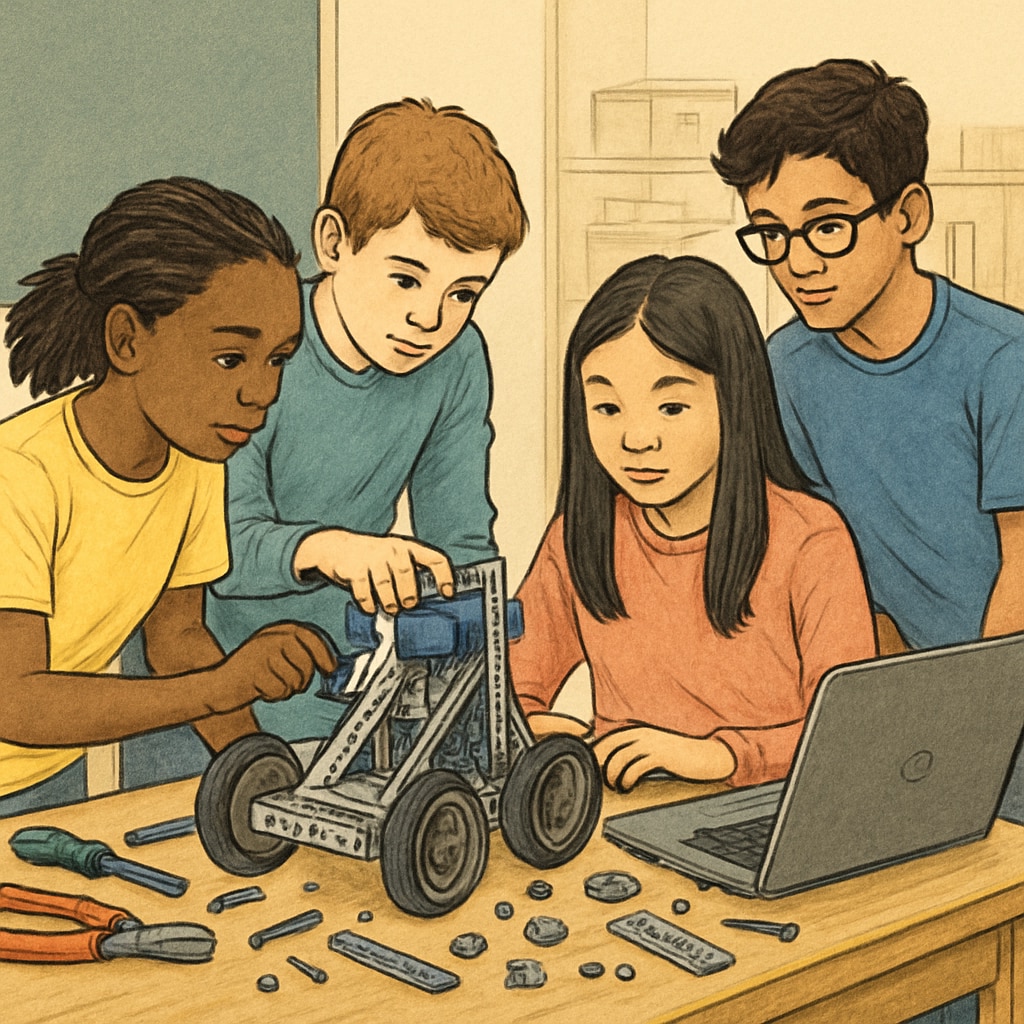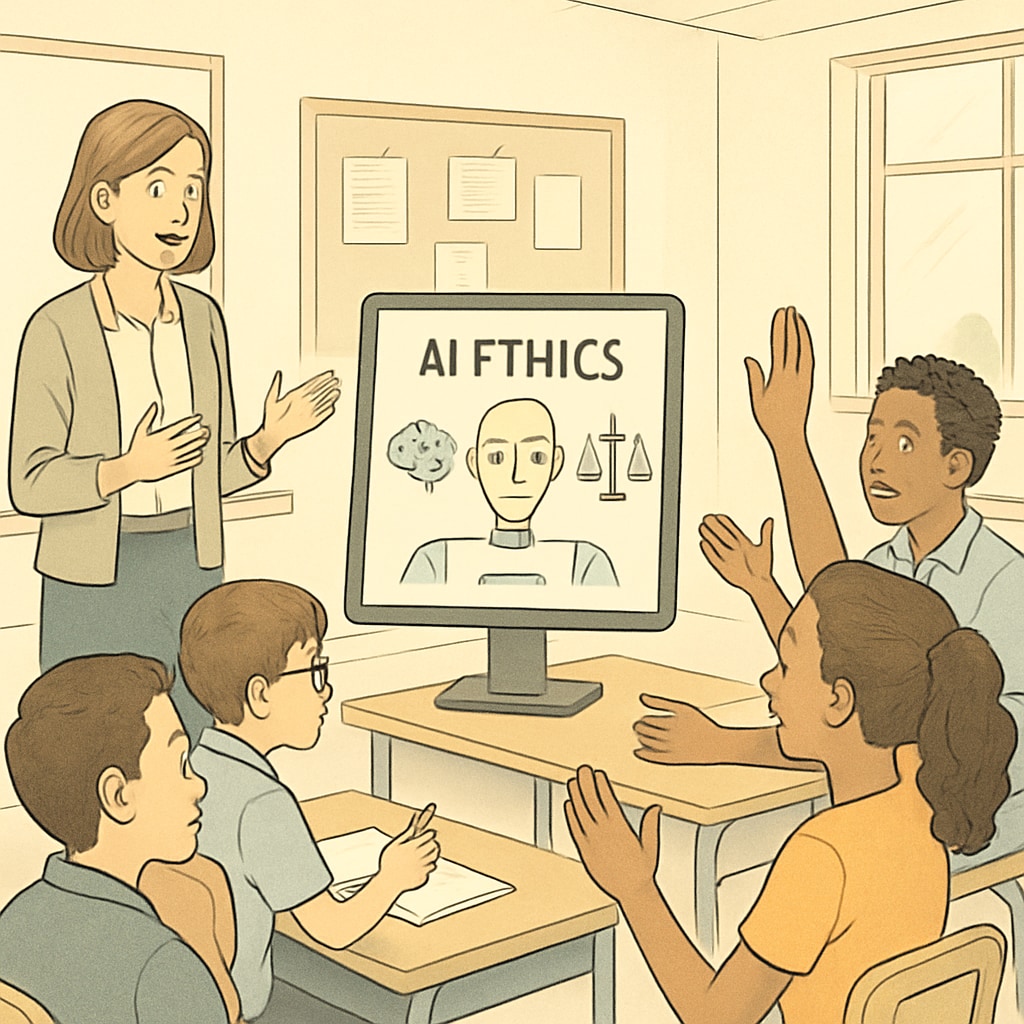The rapid advancement of artificial intelligence presents unprecedented challenges for higher education and career prospects worldwide. As AI systems increasingly automate cognitive tasks, educators and parents must rethink traditional learning approaches during K12 schooling years. According to a McKinsey report, 40% of current workforce skills will become obsolete within five years due to automation.
Essential Skills AI Cannot Replicate
While AI excels at pattern recognition and data processing, human-centric abilities remain irreplaceable:
- Creative problem-solving: Developing unconventional solutions to complex challenges
- Emotional intelligence: Building meaningful human connections and empathy
- Adaptive learning: Quickly acquiring new skills in evolving environments

Redesigning Curriculum for the AI Era
Progressive schools are integrating these elements into K12 programs:
- Computational thinking: Teaching logic structures without overemphasizing coding syntax
- Ethics of technology: Exploring AI’s societal impacts through case studies
- Project-based learning: Combining STEM with humanities in real-world scenarios
The World Economic Forum predicts that analytical thinking and innovation will be the most demanded skills by 2027. Therefore, schools must balance technical training with creative development.

Practical Strategies for Parents
Families can complement school efforts through these approaches:
- Encourage curiosity through open-ended questions rather than memorization
- Provide exposure to diverse career paths through mentorship programs
- Develop digital literacy while maintaining critical thinking about technology
Readability guidance: Using active voice and transition words like “however” and “therefore” to maintain flow. Lists break complex concepts into digestible points while keeping sentence length optimal.


